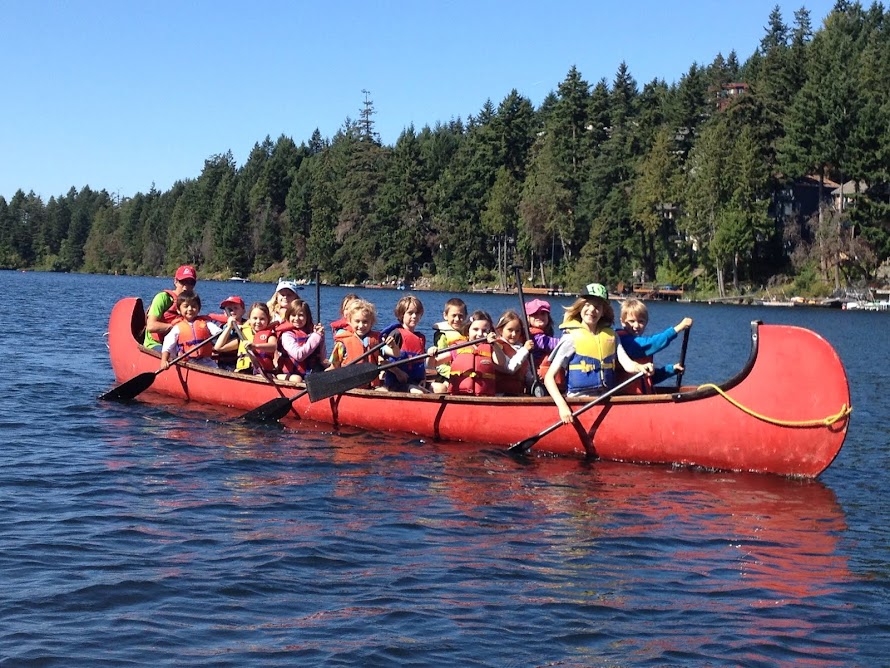 k, Dr. Maria Montessori realized that it is not easy to educate teachers to "kindle flames rather than fill vessels" (Socrates). This is understandable: the Montessori method is philosophically and practically different from other educational methods, and is also very different from the personal educational experiences of most adults who become Montessori teachers. The words"directress" or "guide" are sometimes used rather than "teacher" because of the different role of the adult in relating to the child - directing him to find the best way to learn from the environment rather than from the adult. Following the same line of thought, the word "facilitate" as defined by the Oxford dictionary is 'to make something easy, to promote or help forward'. Therefore the word "facilitator" would mean someone who enables another to move forward; someone who makes things easier.
k, Dr. Maria Montessori realized that it is not easy to educate teachers to "kindle flames rather than fill vessels" (Socrates). This is understandable: the Montessori method is philosophically and practically different from other educational methods, and is also very different from the personal educational experiences of most adults who become Montessori teachers. The words"directress" or "guide" are sometimes used rather than "teacher" because of the different role of the adult in relating to the child - directing him to find the best way to learn from the environment rather than from the adult. Following the same line of thought, the word "facilitate" as defined by the Oxford dictionary is 'to make something easy, to promote or help forward'. Therefore the word "facilitator" would mean someone who enables another to move forward; someone who makes things easier.A Montessori teacher, then, is a facilitator. However, the process of becoming a facilitator is difficult. Most of us are products of the traditional classroom in which the teacher is an authority figure. Because of this personal experience, it is not easy to discard our early impressions and replace them with that of the teacher in a less dominant role. It is a process that requires much self-analysis. "We insist on the fact that a teacher must prepare himself interiorly by systematically studying himself so that he can tear out his most deeply rooted defects, those in fact which impede his relations with children" (The Secret of Childhood).
In more up-to-date terminology, a person wishing to become a Montessori teacher may have to undergo a serious attitude adjustment. To be a true facilitator for children, a teacher must strive to see children as dignified human beings, and learn how to understand why children do what they do. A teacher must be realistic about his or her own capabilities & personality traits and constantly work toward developing to their full potential.
Peace.

No comments:
Post a Comment